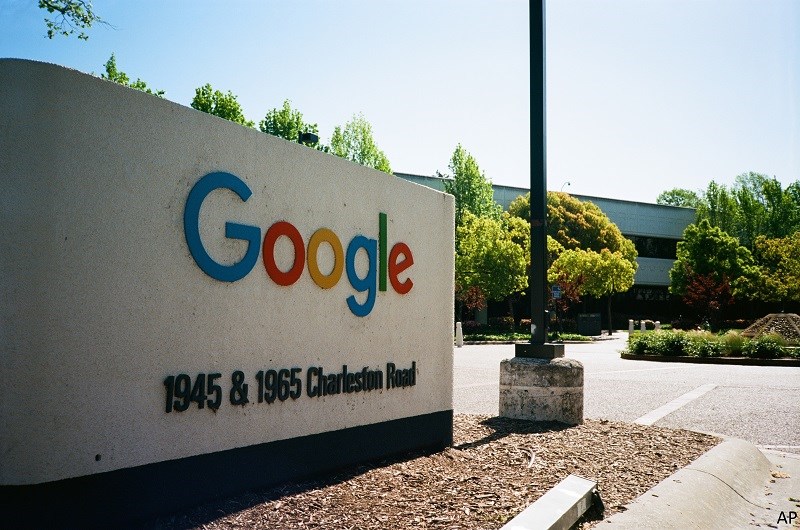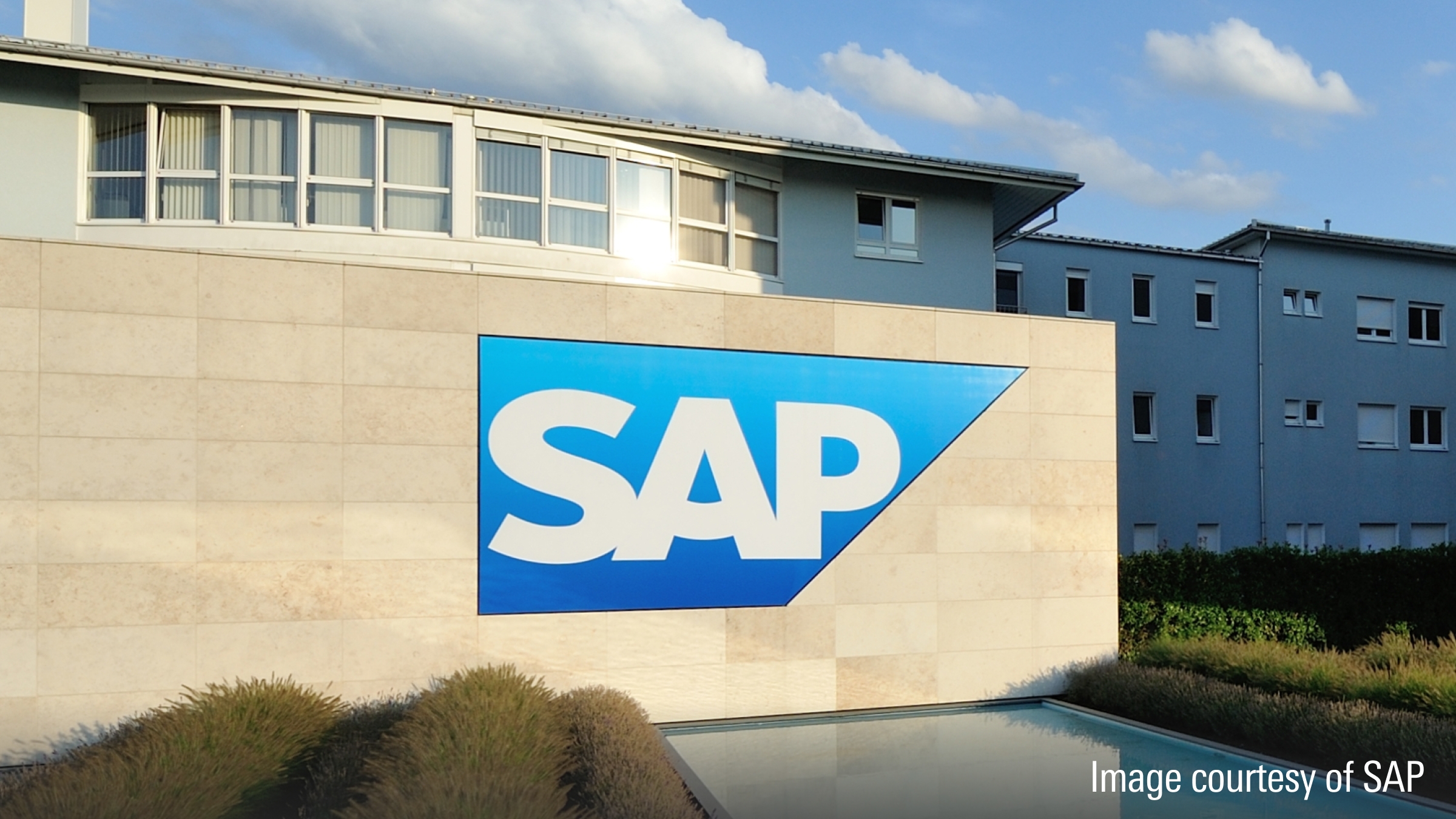
The votes are in at Alphabet (GOOGL), the parent company of Google, and expectedly, once again, all the 10 shareholder proposals failed to win a majority.
Here’s a look at the vote patterns and support:
| Number | Title | Category | Support |
| 5 | Equal Shareholder Voting | Shareholder Rights | 32% |
| 6 | Report on Arbitration of Employment-Related Claims | Human and Workers' Rights | 16% |
| 7 | Establishment of Human Rights Risk Oversight Committee | ESG Governance Arrangements | 16% |
| 8 | Non-Binding Vote on Bylaw Amendments | Shareholder Rights | 1% |
| 9 | Report on Sustainability Metrics | ESG Governance Arrangements | 13% |
| 10 | Report on Takedown Requests | Other E&S | 11% |
| 11 | Majority Vote For Election of Directors | Director Elections | 29% |
| 12 | Report on Gender/Racial Pay Equity | Human and Workers' Rights | 5% |
| 13 | Nomination of Human Rights and/or Civil Rights Expert to Board | ESG Governance Arrangements | 9% |
| 14 | Report on Whistleblower Policies and Practices | Other E&S | 5% |
Source: Morningstar's Proxy Database. Data as of 8 June 2020
Equality for ALL Shareholders
As we discussed last week before the company’s annual general meeting, one vote that has been recurring annually since 2017 is ‘Equal Shareholder Voting’. At present, Alphabet has a multi-class voting structure, where each share of Class A common stock has one vote and each share of Class B common stock has 10 votes. Because of this, the founders of Alphabet, Larry Page and Sergei Brin control a majority of the company’s voting power, though they own less than 13% of the stock, and have stepped down from running the company. Each year, shareholders put forward a proposal requesting a one-share-one-vote structure. And each year, the proposal gets the maximum support among all other proposals – though not enough for a majority. 2020 is no different.
| Year | Title | Support |
|
| 2017 | Equal Shareholder Voting | 29% | Against |
| 2018 | Equal Shareholder Voting | 29% | Against |
| 2019 | Equal Shareholder Voting | 30% | Against |
| 2020 | Equal Shareholder Voting | 32% | Against |
It is heartening that each year, the support for the vote steadily rises.
The Human Rights Votes
What of the other proposals? There were three human rights-related proposals up for a vote. One of them, the proposal requesting the establishment of a human rights risk oversight committee to help anticipate and oversee the management of the adverse human rights and societal risks and impacts associated with the company’s technologies, got 16% of the vote.
The filers of the vote point out that with approximately 53% of Alphabet’s voting shares controlled by the company’s executive officers and board members, support for the resolution translates to roughly 45% of the independent votes. There were roughly 19 co-filers for the proposal, who raised concerns around privacy risks connected to the sharing of sensitive user information, and algorithms that can potentially exacerbate bias, reinforce discrimination or facilitate disinformation, harassment, hate speech and incitements to violence.
Minority Support Not Equal To ‘Loss’
With Alphabet’s current voting and ownership structure, it was a foregone conclusion that any proposals that the board of directors, management and executives did not support, would not win a majority. To a large extent, these outcomes were expected.
It is an obvious question perhaps – if the vote is doomed to failure, why bother filing at all? Because sometimes, you don’t need to win a majority share of a vote to ‘win’.
At the end of the day, environmental, social and governance (ESG) investing and engagement is about negotiation and dialogue, and with each vote, the management teams get an insight into shareholder sentiment. The current voting structure, for instance, certainly raises governance red flags for Alphabet, and shareholders want that addressed, and so have asked for equality in the voting process. More and more shareholders want this to change, as evidenced by a 32% support for equal voting rights.
Just like this, for the other proposals as well, activist shareholders believe that if enough of the minority shareholders vote in favour of a resolution, it is enough for management and the board to take notice, and perhaps effect change. The change may not come this year, or even next, but eventually, it will.
The rules of responsible investing
Understand how ESG regulations affect investors and managers in our latest report









.jpg)











